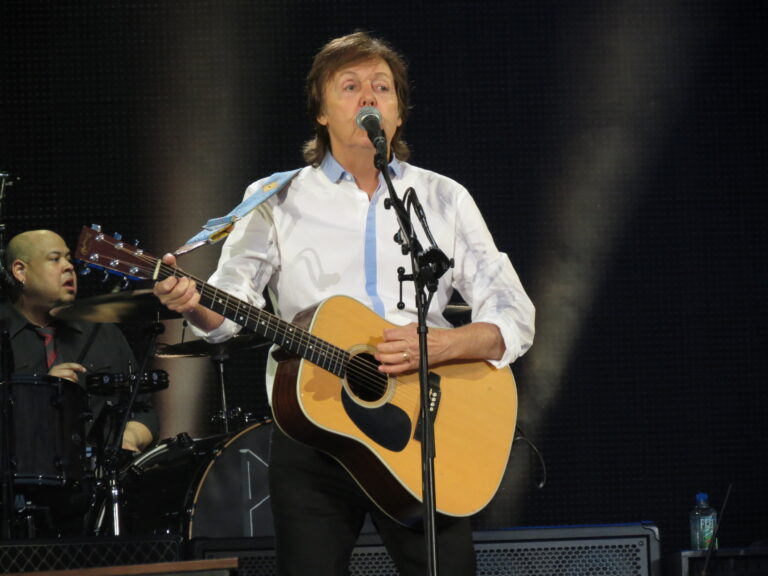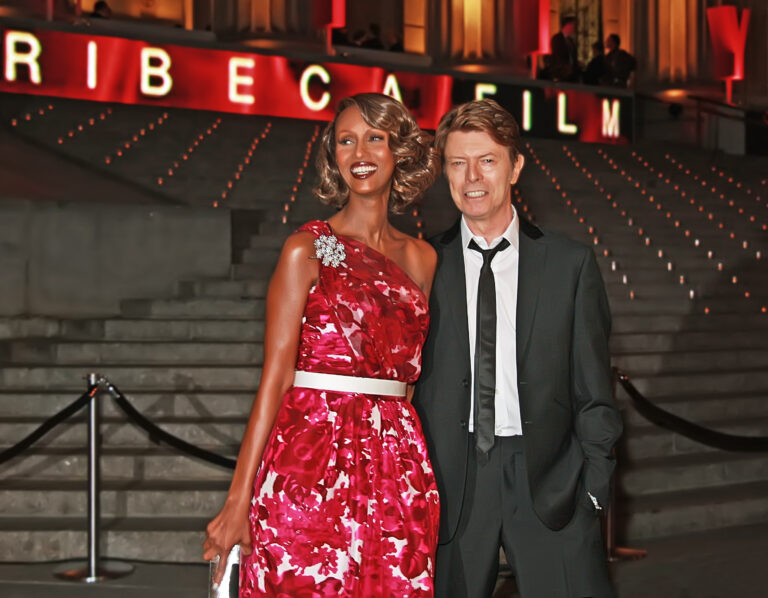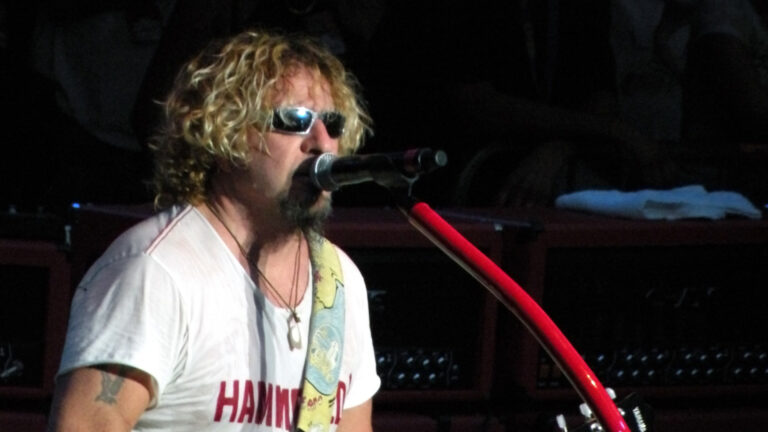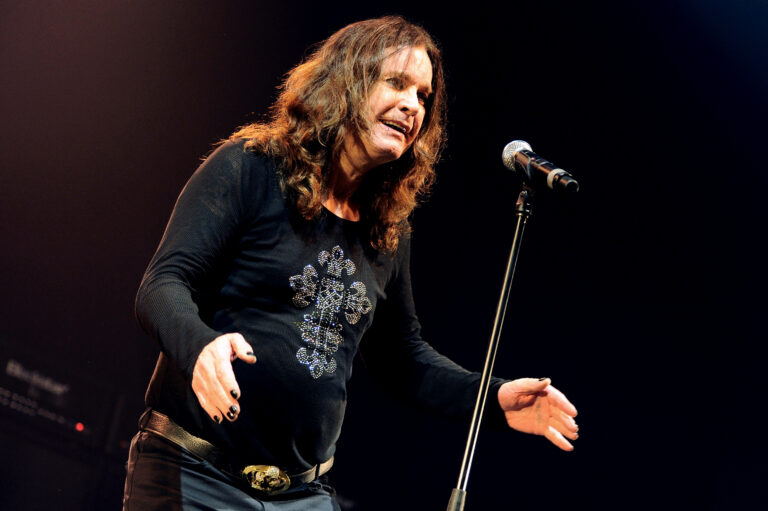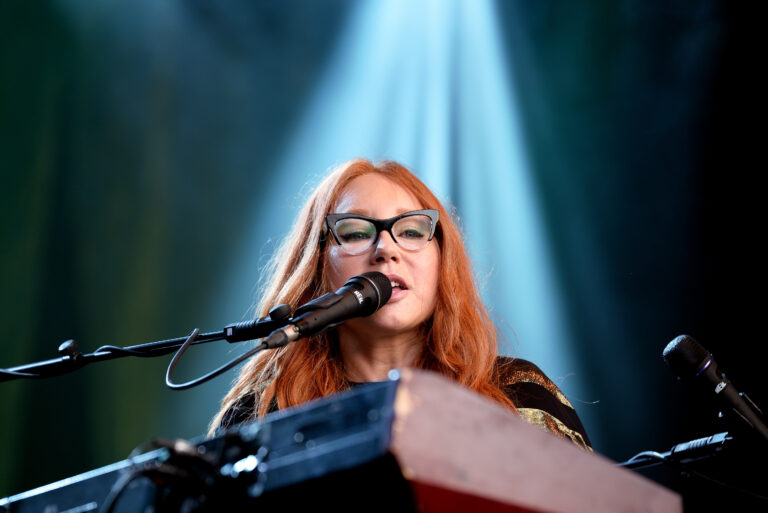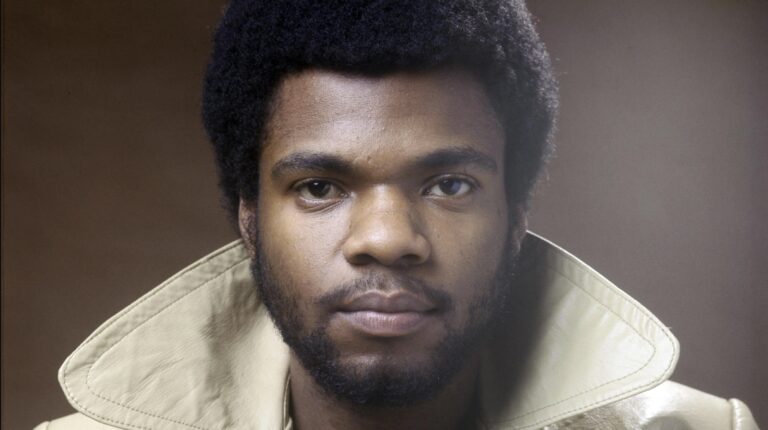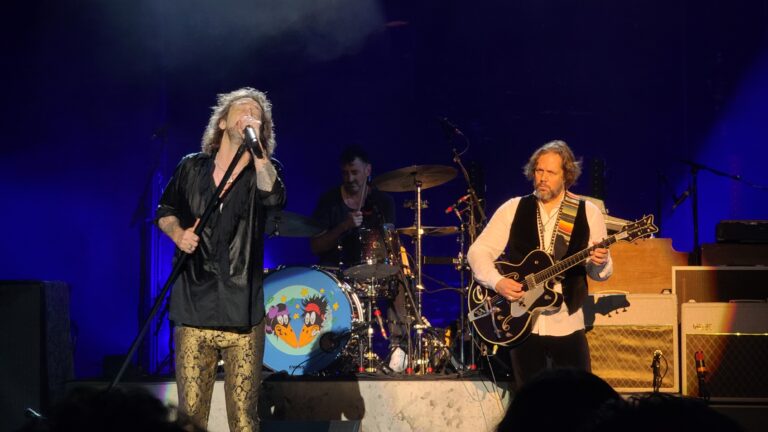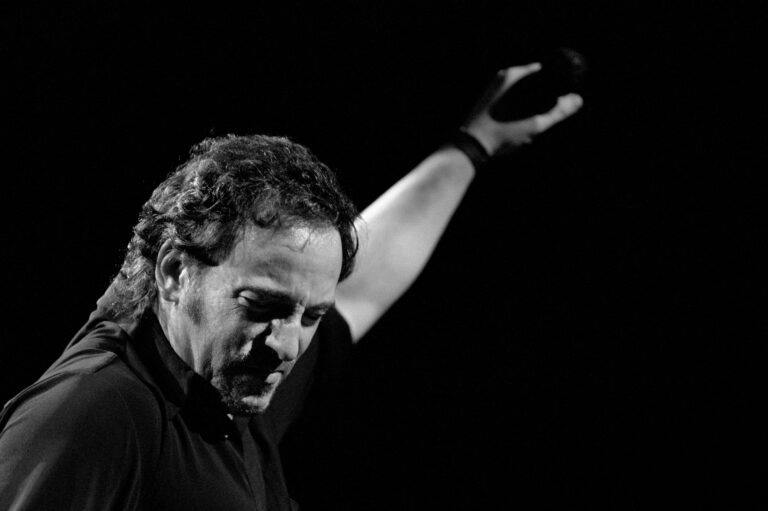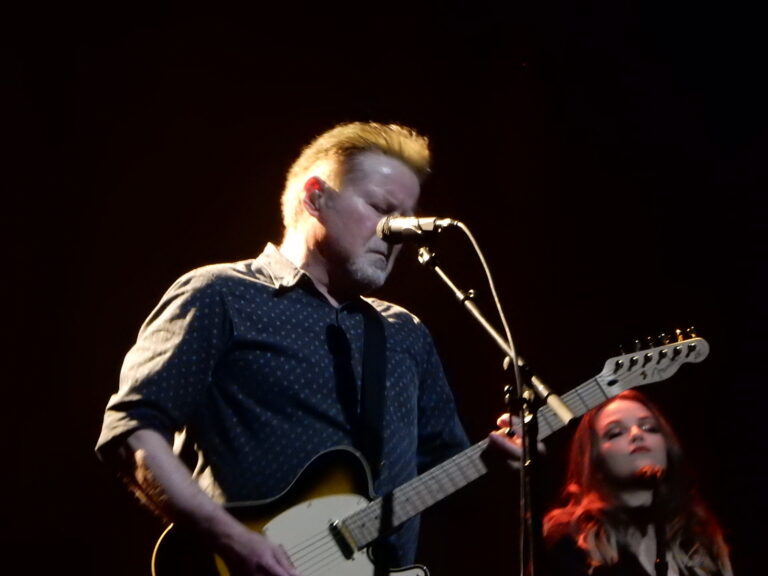
Billie Joe Armstrong Reveals Drama with Perry Farrell at 1994 Lollapalooza

In 1994, Green Day, a band on the brink of explosive success with their hit album Dookie, faced an unexpected roadblock in their career path when Perry Farrell, the founder of Lollapalooza and frontman for Jane's Addiction, dismissed them as a “boy band.” According to various accounts presented in the book Lollapalooza: The Uncensored Story of Alternative Rock’s Wildest Festival, Farrell initially resisted including Green Day in the lineup for that year's tour. This clash reveals how old stereotypes and misunderstandings could impact emerging bands, emphasizing the unpredictable dynamics of the music industry at the time.
Green Day’s inclusion in Lollapalooza was nearly derailed by Farrell's perception of the band. According to Armstrong, Ferrell was an ‘a**hole' who didn't want Green Day on the bill, calling them a ‘boy band.' Farrell believed Green Day was a manufactured group, put together by record executives rather than a genuine act. This was reportedly the only instance in which Farrell, who typically did not interfere with band bookings, exercised such veto power. His view seemed incongruent with the band's true identity as punk rockers with roots in the Bay Area’s DIY indie scene. This clash highlighted not only a clash of perceptions but also the evolving nature of rock music, as genres began blending in ways that challenged traditional labels and categories.
John Rubeli, the stage manager at that time, recalled how he had to advocate vigorously for Green Day, describing their authentic history and indie roots to change Farrell’s mind. Only after hearing about Green Day’s background did Farrell reluctantly agree to allow them to play half of the tour, sharing the bill with Japanese noise band, the Boredoms, for the other half. This compromise was crucial, as participation in Lollapalooza provided significant exposure to many bands, effectively serving as a launch pad into mainstream success.
Despite the initial resistance, Green Day's experience at Lollapalooza ’94 turned into a defining moment. At Woodstock ’94 later that summer, Armstrong and Farrell met face to face, reportedly shaking hands, which suggested some level of resolution between the two. For Green Day, this encounter, coupled with the affirmation they gained from proving themselves on tour, marked a pivotal chapter in their journey. Their subsequent rise is a testament to their resilience and ability to leverage criticism into their art and public identity, ultimately solidifying their place in music history.
As time unfolded, Lollapalooza continued to be a venue for breaking news and expanding the horizons of music festivals worldwide, while Green Day rose to headline status, continually evolving and influencing the music landscape. Their journey from almost being dismissed as a “boy band” to becoming punk icons underscores the unpredictable and ever-changing nature of the music industry and the cultural shifts within it.
Key Takeaways
-
www.music-news.com | Perry Farrell initially rejected Green Day from the 1994 Lollapalooza lineup, labeling them a 'boy band' and misunderstanding their genuine punk roots.
-
www.bluntmag.com.au | In response to the initial rejection, Green Day performed the song 'Chump' at Lollapalooza 1994, dedicating it to Perry Farrell as a form of protest.
-
thebuzz.iheart.com | Billie Joe Armstrong and Perry Farrell eventually met and briefly shook hands at Woodstock '94, suggesting a slight easing of tensions after the Lollapalooza incident.












